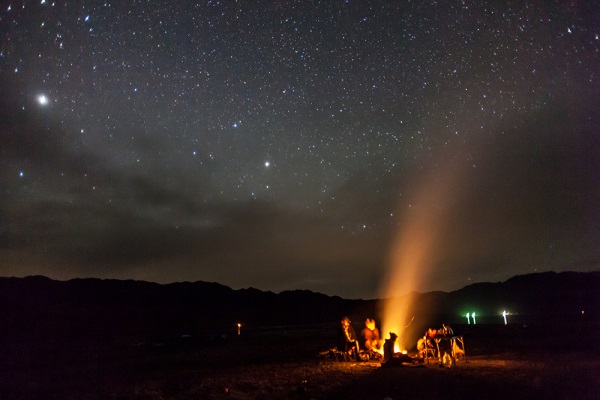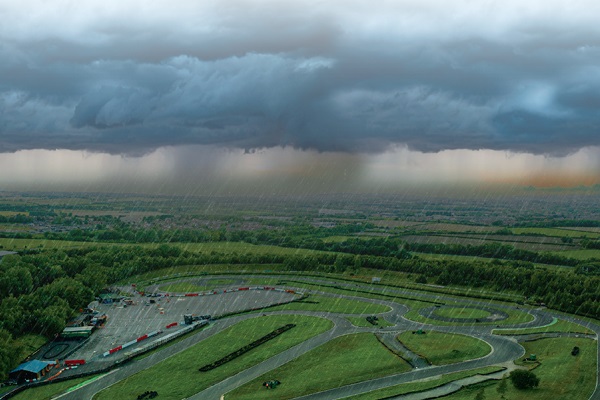Getting Burned: Does CGL Coverage Respond to a Campground Fire Injury?

By: Big “I” Virtual University Faculty
Q: An insured is a commercial campground with a commercial general liability policy, under the class code “Campgrounds – Code 10331.” If someone gets burned by one of the campfires, is that covered?
Response 1: First of all, it’s impossible to answer a hypothetical claim question because you need to know all of the facts and circumstances. Second, you need to be very specific. For instance, “someone” could be a criminal trespasser, a campground employee, an owner, or a customer. The answer will differ depending on which it is. Similarly, “is that covered” leaves room for doubt. Do you mean, “Will the claim be paid?” “Will the policy respond with a defense?” “Are there any exclusions?”
Assuming that you’re asking about a customer being injured by a campfire and suing the insured for bodily injury, barring any other details that might engage an exclusion, an unendorsed CGL should provide a defense and, if the court rules for the injured person, payment would be covered too.
Response 2: As you are aware, the CGL policy requires the insured to be legally obligated to pay. Perhaps a more important question for the insured to ask is: “If someone gets burned by a campfire at my location and I am sued, will my policy defend me?” There is no specific exclusion related to someone being injured by a fire at the campgrounds. So, liability coverage will apply, subject to other policy terms and conditions. However, unless the detailed specifics of a claim are known, it is impossible to absolutely state whether it is covered.
Response 3: The intent of a campground is to expose campers to a variety of “camping” experiences, including campfires. Unless an employee pushed a camper into the campfire, this is a normal type of activity a CGL policy for a campground should cover.
Here is the definition of bodily injury in the ISO CGL form: “’Bodily injury’ means bodily injury, sickness or disease sustained by a person, including death resulting from any of these at any time.”
I can’t see any reason a camper’s injury from a campfire would not be a typical exposure anticipated by the insurer given the class code and therefore covered. However, if the camper fell off a horse and into a campfire, that would be a different matter due to the saddle-horse exclusion.
Response 4: If the insured is legally responsible for bodily injury or property damage arising out of an occurrence in the coverage territory and policy period—and there is not an exclusion—then there would be coverage. Of course, it’s always dangerous to answer hypothetical questions, because the carrier would have to investigate the loss and there might be factors that could preclude coverage.
Response 5: First, there would need to be bodily injury, Then, the insured would need to be found liable for that injury. Exclusions, if any, would apply. Absent any exclusions, or other conditions or definitions that might limit coverage, there should be coverage assuming the aggregate limit of $1 million is not exhausted.
A risk manager might propose that warnings be posted in the campgrounds to suggest that campers do not start fires with gasoline, ether, napalm, white phosphorus, metallic magnesium shavings, or any of a host of aggressively burning or explosive compounds.
This question was originally submitted by an agent through the Big “I” Virtual University’s (VU) Ask an Expert service, with responses curated from multiple VU faculty members. Answers to other coverage questions are available on the VU website. If you need help accessing the website, request login information.
This article is intended for general informational purposes only, and any opinions expressed are solely those of the author(s). The article is provided “as is” with no warranties or representations of any kind, and any liability is disclaimed that is in any way connected to reliance on or use of the information contained therein. The article is not intended to constitute and should not be considered legal or other professional advice, nor shall it serve as a substitute for obtaining such advice. If specific expert advice is required or desired, the services of an appropriate, competent professional, such as an attorney or accountant, should be sought.










